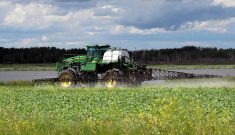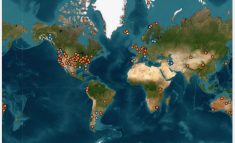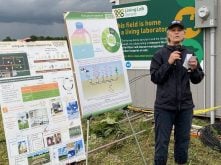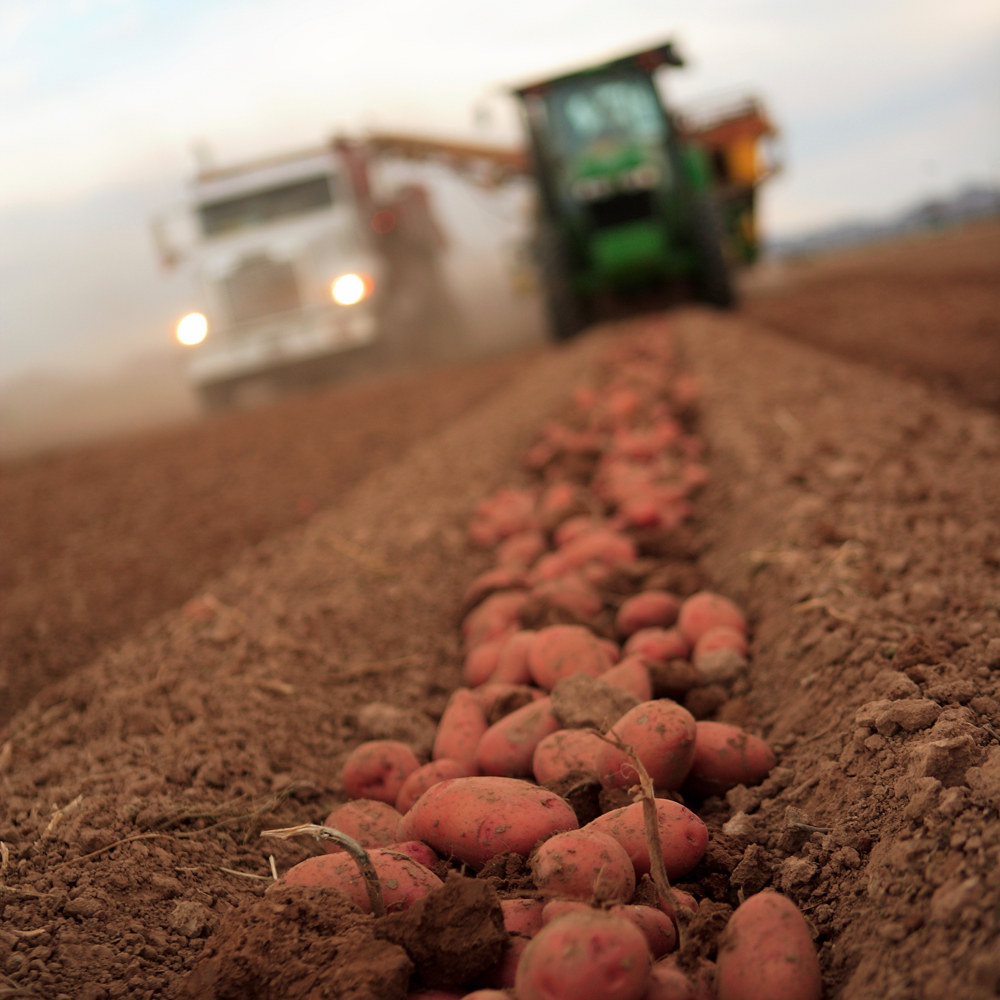A New Brunswick precision agriculture startup has attracted $1.45 million in investment for its real-time nutrient tissue analysis technology.
Picketa Systems’ trademarked Leaf Evaluated Nutrient System (LENS) has marked early success in potatoes and will expand its plant tissue sampling innovation into other crops to help farmers make more informed crop management decisions.
Why it matters: Rapid tissue testing results will help growers optimize yield and crop quality and make fertilizer use more precise, benefiting farm profitability and the environment.
Read Also
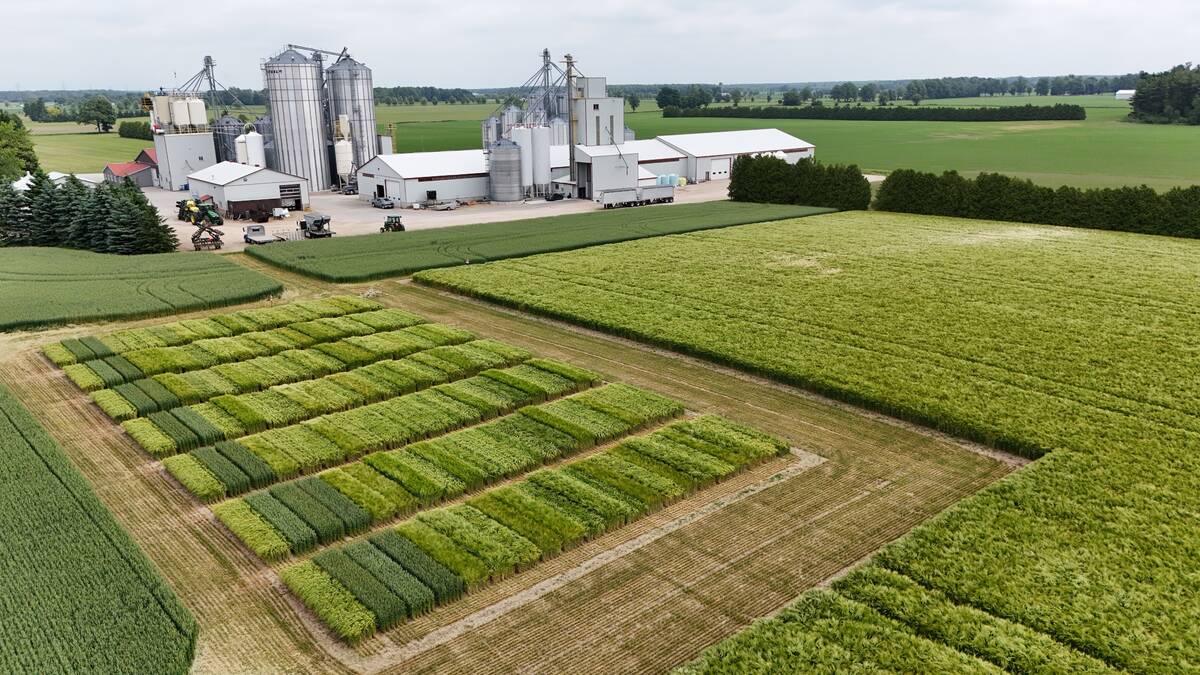
Winter cereals beyond wheat gaining traction
Winter cereals such other than wheat, such as barley, could provide better yield and rotation options for Ontario growers.
“The turnaround time and logistics (normally) needed outweigh the benefits of tissue testing so it is traditionally used in high value crops or to double check rather than inform decisions,” says co-founder and CEO Xavier Hébert-Couturier.
“Right now, most growers use tissue testing to find out if they’re on the right track instead of to make the decisions.”
The idea for LENS came from an engineering project at the University of New Brunswick by Hébert-Couturier and his three co-founders, Maxime Dumont, Zachary Andersen and Dominic Levesque, a sixth-generation potato grower. Since 2021, the team has built LENS by working with potato growers in New Brunswick and Prince Edward Island.
“We started with two trucks and a dream and offered this to a community of potato farmers. From 62 farms and over 2,000 tissue tests, we got positive results,” notes Hébert-Couturier. “We are trying to build the best scouting tool that works with other platforms that people use – and now it is user-friendly enough so anyone can use it.”
This year, 10 systems are being used in-field by independent agronomists – nine in Canada and one in the U.K. LENS’ optical sensing technology lets the user scan plant leaves while scouting and quickly and accurately identify crop nutrient and micronutrient deficiencies in less than five minutes.
The results are shared through Picketa’s web platform but can also be exported to other farm management systems.
“Knowing what the crop needs instantly changes the game for crop management. We want to develop a more regenerative way of farming and bring data into farming in a more accessible way,” says Hébert-Couturier.
Picketa’s seed round was led by the New Brunswick Innovation Fund, with Tall Grass Ventures, Desjardins, Koan Capital, Emmertech, and multiple angels from East Valley Ventures and StartupTNT also making investments.

Earlier this year, Picketa won the $20,000 Innovative Farmers’ Association of Ontario’s (IFAO) Soil Health and Nutrient Management Challenge, a program to identify solutions to improve nutrient management on-farm while boosting soil health.
“We see so many solutions come into our sector that aren’t always relevant (for growers) or hit the price point and we want to inject farmer experience and expertise into early-stage innovation,” says IFAO executive director Tori Waugh.
“Picketa came with such a strong foot forward and a project that will demonstrate their technology in potatoes in Ontario but also expand into other crops.”
The challenge prize money will support a broad sampling program that is a key part of the three-year project, which also involves Haggerty AgRobotics and University of Guelph researchers, and will look at onions, beets, carrots, wheat and other crops.
The Picketa technology will be used first on onion crops at the Muck Crops Research Station near Bradford. According to professor Mary Ruth McDonald, onions are known to have nutrient deficiencies if foliar fertilizer isn’t applied.
“This will be very interesting to us due to the real-time data we can get. If there is a deficiency (in onions), especially in micronutrients, the sooner you can apply, the better it is for yield and plant health,” McDonald says.
“This technology will also be useful so we can validate or change current fertilizer recommendations if the multi-year field trials show a need.”

The long-term vision, she adds, is to integrate the Picketa technology onto a robot so LENS can assess plant nutrient status while the robot is weeding or cultivating.
The project is funded by the Ontario Agri-Food Innovation Alliance, with support from the Fresh Vegetable Growers of Ontario, Bradford Co-op and Haggerty AgRobotics.





